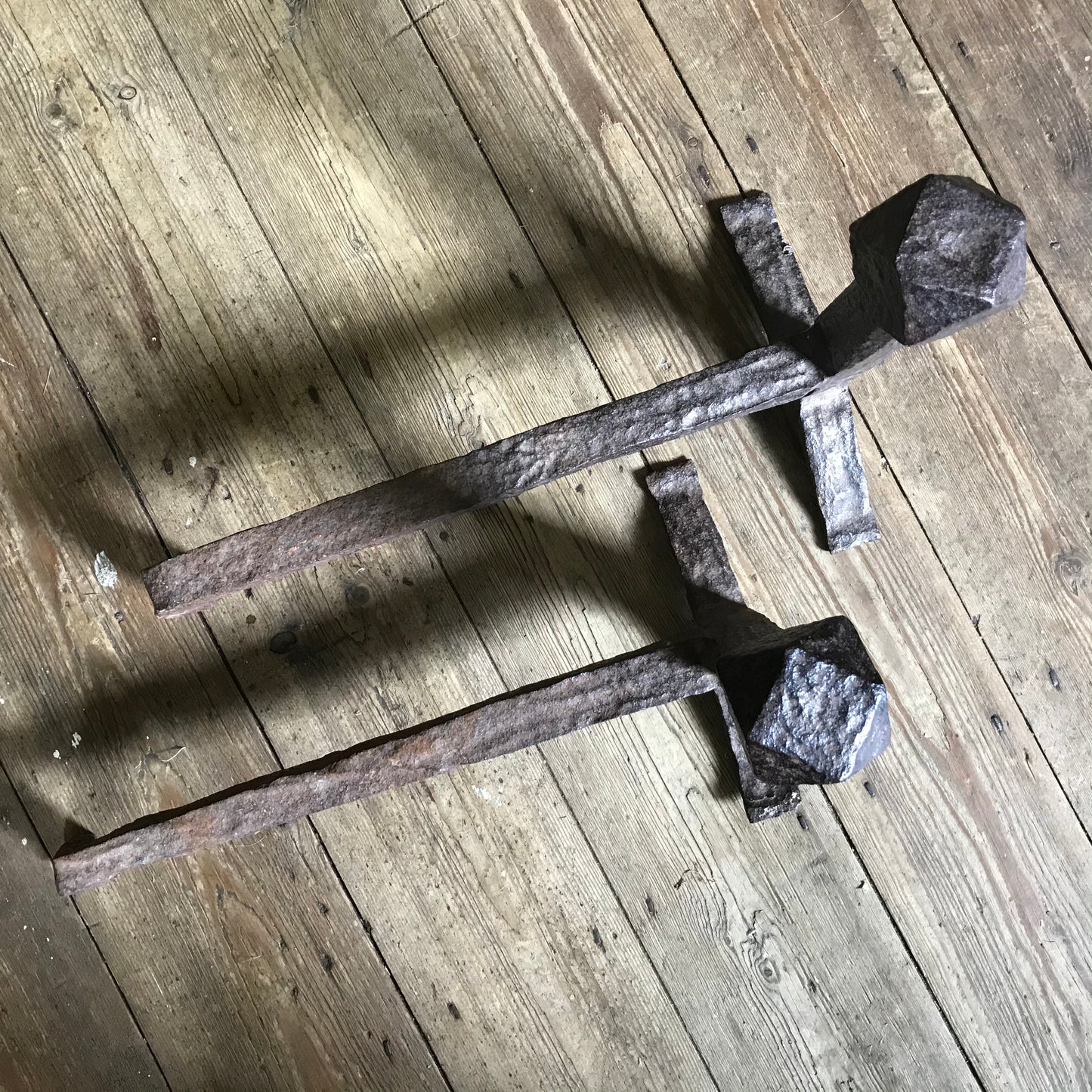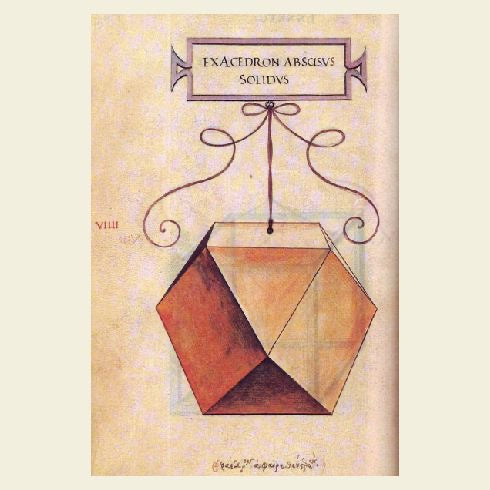Pair of Medieval Andiron or Firedogs c.1500
SKU: 4MAFN
Couldn't load collection availability
UK Mainland Delivery
UK Mainland Delivery
We offer secure doorstep delivery using our trusted fine art and antique couriers, ensuring your item arrives safely and with care.
At checkout, please select ‘Pick up’ (not ‘Ship’) to complete your purchase.
You can either:
• Proceed with payment and we’ll send a separate link for delivery, or
• Contact us first for a quote, and we’ll send you a custom order link with delivery included.
Placing items in specific locations can be arranged on request — additional costs will apply.
International shipping
International shipping
International delivery, crating, shipping, and insurance can be arranged on request. We’ll provide a quote based on your needs—additional costs will apply and are payable directly to the shipping company.
You’re welcome to use your own shipping agent, or proceed with our recommended agent using the quote we supply. Payment is made directly to the shipping company.
Alternatively, select ‘Pick up’ at checkout to:
• Collect the item yourself
• Use your own shipping agent from our UK showroom
• Or simply complete your purchase
Contact us for a quote
A pair of striking wrought iron Medieval Andiron or firedogs on which logs are laid for burning in an open fire place. This particular pair feature an unusually shaped finial in the form of a cuboctahedron (exacedron abscisus vacuus). In 1498 Leonardo da Vinci illustrated the cuboctahedron (exacedron abscisus vacuus) for Luca Pacioli's book 'De Divina Proportione'. Pacioli’s book on the Divine Proportion, talked of the idea of the ‘golden ratio’ of mathematical perspective and perfect balance, illustration the following concepts: it’s value represents divine simplicity; It’s definition invokes three lengths, symbolising the Holy Trinity; It’s irrationality represents God’s incomprehensibility; It’s self-similarity recalls God’s omnipresence and invariability; It’s relation to the dodecahedron, which represents quintessence. Pacioli credited Fibonacci, the most talented Western mathematician of the Middle Ages for much of his knowledge. These blacksmith made pieces with incredible skill and care also illustrate this new way of thinking, and would have been commissioned by a Renaissance household.
- Width: 25 cm (9.84″)
- Height: 31 cm (12.2″)
- Depth: 46 cm (18.11″)

















